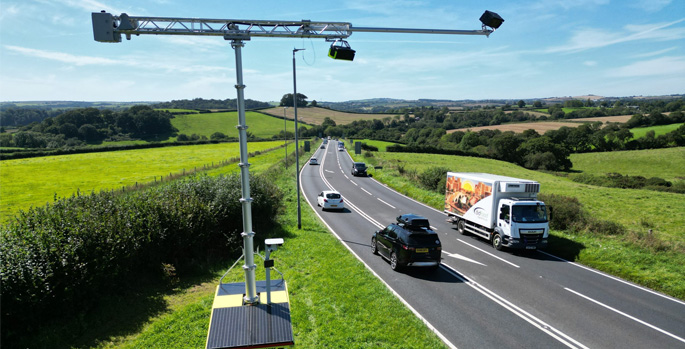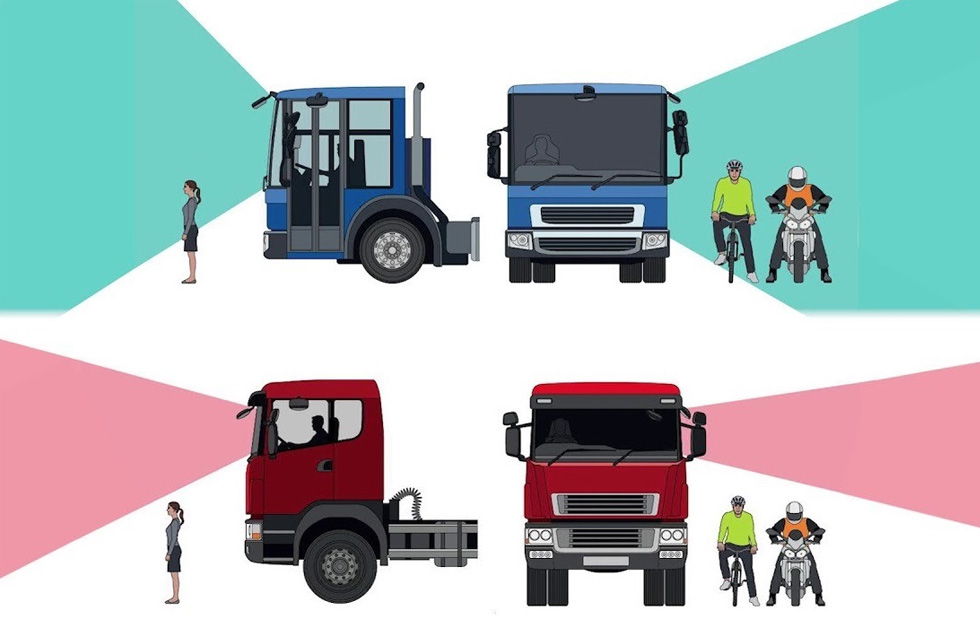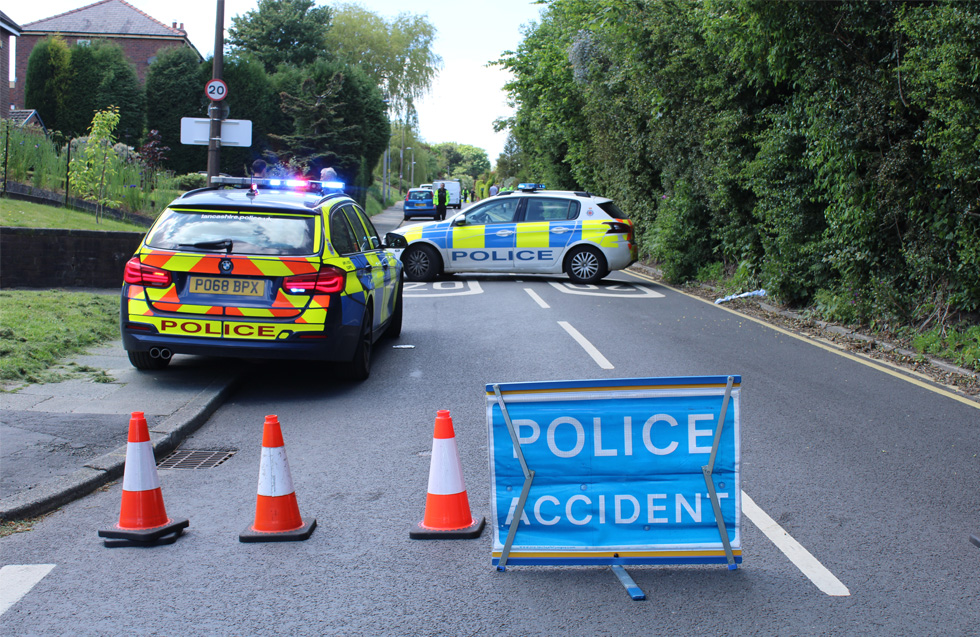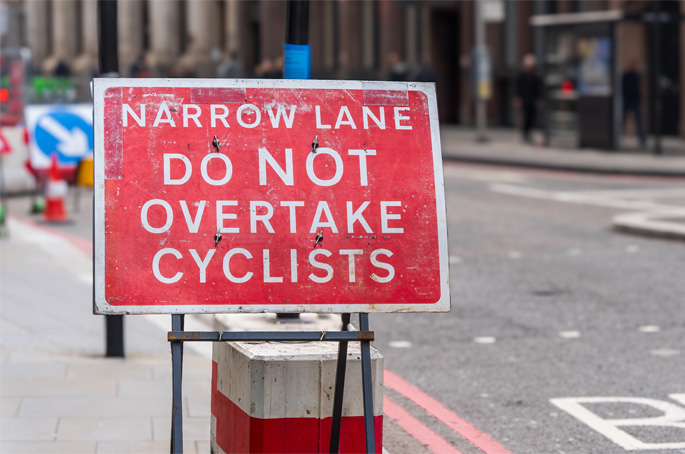Recent figures from Devon and Cornwall show a decrease in seatbelt and mobile phone offences following a detection campaign using AI-powered cameras.
The cameras have been used across the two counties over the past three years as part of ongoing trials being run in partnership with local police and Vision Zero South West.
According to Acusensus, Devon and Cornwall saw an encouraging reduction in the number of people killed and seriously injured (known as KSI figures) on its roads over this time.
It stated that the KSI figure dropped from 790 in 2022 to 754 in 2023 and then to 678 in 2024.
And data from Acusensus ‘Heads-Up' cameras deployed during August 2024 also showed a 50% decrease in seatbelt detections and a 33% decrease in mobile phone detections at three different locations during the course of the month.
Two cameras are used to take high-speed front-facing and overhead images of vehicles, with AI systems detecting any potential seatbelt or mobile phone offences. At least two human reviewers then verify the images to confirm whether an offence has taken place.
If an offence has been correctly highlighted by the system, the driver will either be sent a warning letter or a notice of intended prosecution, depending on the severity.
Head of road safety for Devon and Cornwall Police, Adrian Leisk, said the longer-term effects are also looking very promising.
‘We used the cameras at the same location on the A38 at Landrake during 2023, 2024 and 2025. The year-on-year data shows a prolonged and significant reduction in both seatbelt and mobile phone offences, which is really encouraging.
‘It's important to say that the vast majority of motorists are complying with the rules – in fact, less than 1% of the vehicles we monitored using the Acusensus cameras were detected as committing offences.
‘However, the dangers associated with these offences are well documented. Around a third of all fatal collisions nationally involve someone who wasn't wearing a seatbelt – and not wearing one means you are twice as likely to die in the event of a serious collision.
‘Using a mobile phone behind the wheel also significantly increases your chances of being involved in a collision, with the distraction impairing both your judgment and reaction times.'
Geoff Collins, general manager of Acusensus UK, added: ‘This long-term operational project delivered with AECOM has proved that not only can we show the size of the problem, but we can effectively deal with it too. We are actively making the roads safer, as shown by the reduction of risky behaviours that we see.
‘We believe the vast majority of road users are supportive of this work. It's not acceptable that the poor behaviours of a small minority put others at risk.'
Alison Hernandez, police and crime commissioner for Devon, Cornwall and the Isles of Scilly and chair of the Vision Zero South West road safety partnership, said: ‘While these figures are certainly going in the right direction, there is a lot more work to be done. These aren't just numbers, these are lives turned upside down by unimaginable tragedy and trauma.
‘Every member of the Vision Zero South West partnership has committed to halving the number of people killed and seriously injured on our roads by 2030 – and eventually, to zero.'

























